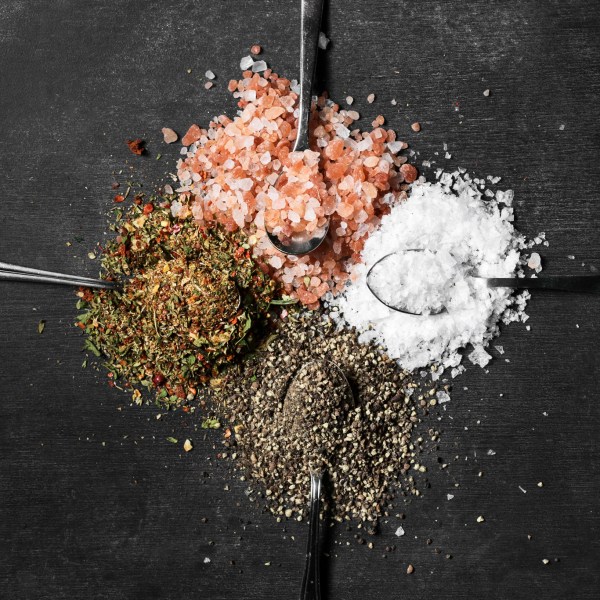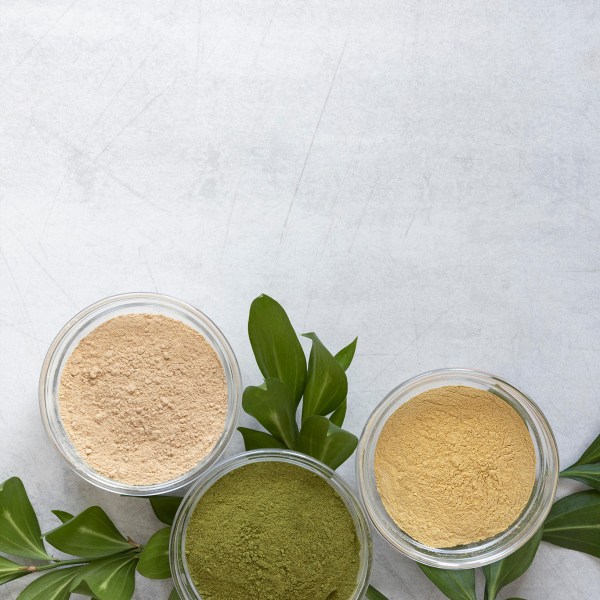Sweeteners
Sweeteners
Everything You Need to Know About Sweeteners
Sweeteners are one of the most popular alternatives for reducing sugar intake while still enjoying sweet flavors. For those following a healthy lifestyle, diabetics, and people on weight-loss diets, it's important to be aware of the types of sweeteners and their effects.
What is a Sweetener?
A sweetener is a substance used to sweeten foods and drinks. The main categories include natural sweeteners, artificial sweeteners, and sugar alcohols. Each type has its own unique properties, uses, and health impacts.
Types of Sweeteners
Natural Sweeteners
Natural sweeteners come from plants and fruits. They are often considered healthier alternatives to refined sugar because they contain fewer calories and, in some cases, provide additional nutrients.
- Stevia: A sweetener extracted from the leaves of the stevia plant, which is 200-300 times sweeter than sugar. It is calorie-free and does not raise blood sugar levels, making it a popular choice for diabetics and those on low-carb diets.
- Honey: A natural sweetener that also contains antioxidants. While it may be a healthier alternative to sugar, it has a high caloric content and should be consumed in moderation.
- Agave Syrup: A sweetener derived from the agave plant, which has a lower glycemic index than sugar but still provides a very sweet taste. Due to its high fructose content, it may not be the best choice for long-term health.
Artificial Sweeteners
Artificial sweeteners are chemically produced substances that are often much sweeter than sugar but have fewer or zero calories. They are widely used in diet foods and beverages.
- Aspartame: One of the most well-known artificial sweeteners. It is calorie-free and about 200 times sweeter than sugar. Some studies suggest it may cause health problems, and there has been heated debate in the scientific community about its health effects.
- Saccharin: Also calorie-free and much sweeter than sugar, but there have been health concerns related to saccharin, especially based on earlier animal studies. It is now considered safe for human consumption in moderation.
- Sucralose: A newer generation sweetener made from sugar but chemically modified. It is calorie-free and does not affect blood sugar levels.
Sugar Alcohols
Sugar alcohols (e.g., xylitol, erythritol) are natural sweeteners with lower calorie content compared to sugar and less impact on blood sugar levels. They are often used in sugar-free gums and candies.
- Xylitol: A sugar alcohol that provides similar sweetness to sugar but with about 40% fewer calories. It is tooth-friendly and does not cause blood sugar spikes, though consuming it in large amounts can have a laxative effect.
- Erythritol: Another popular sugar alcohol that is nearly calorie-free. Its major advantage is that it does not cause tooth decay and has no significant effect on blood sugar levels, making it ideal for diabetics as well.
How to Choose a Sweetener?
Choosing a sweetener depends on various factors, such as health conditions, the type of diet you follow, and personal preferences. If controlling blood sugar is the main goal, stevia or erythritol may be the best choices. For those seeking a more natural alternative, honey might be suitable, though it should be consumed in moderation.
Today, there is a wide variety of sweeteners available, both natural and artificial. Each type has its advantages and disadvantages, so it’s important to make a conscious choice. Selecting the right sweetener can help you enjoy sweet flavors without compromising your health with excessive sugar consumption.






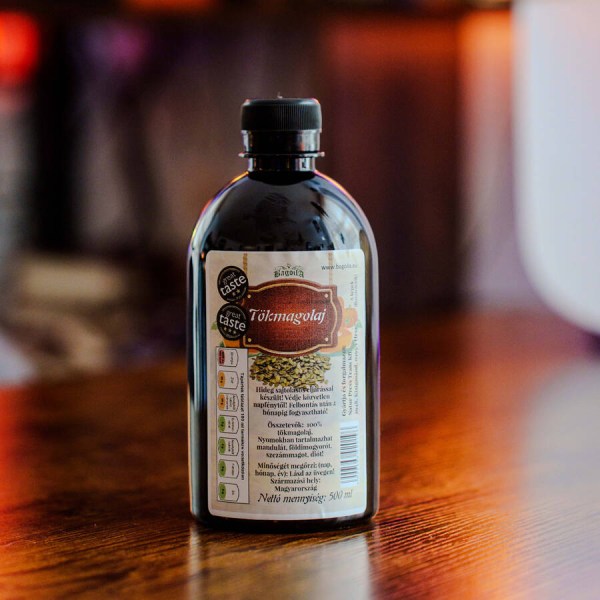
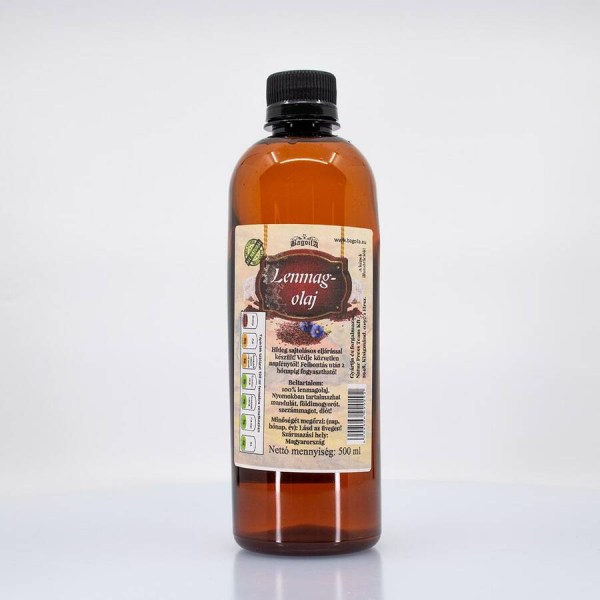
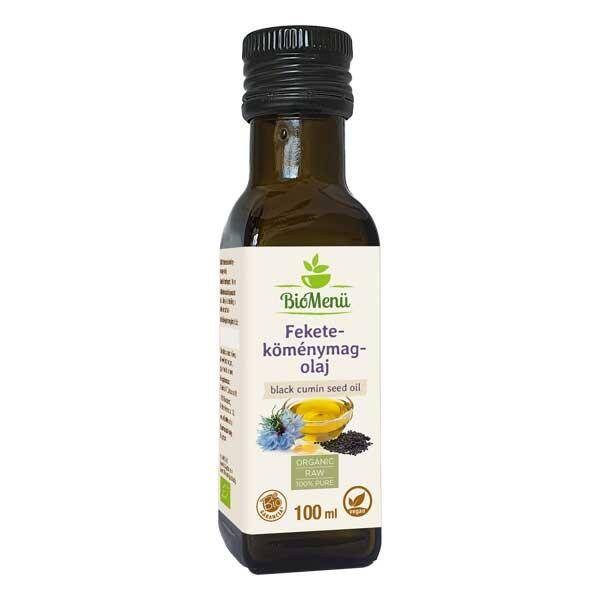
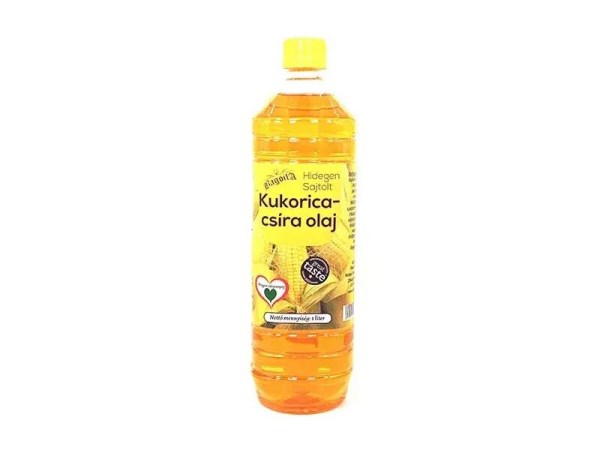






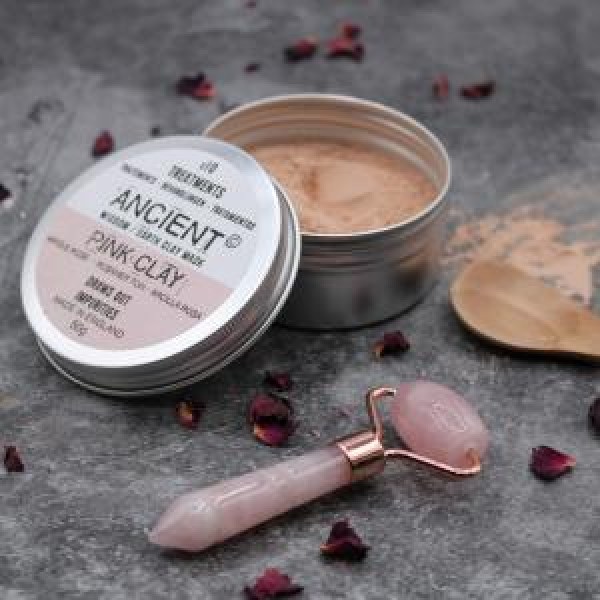
_600x600.jpg)
